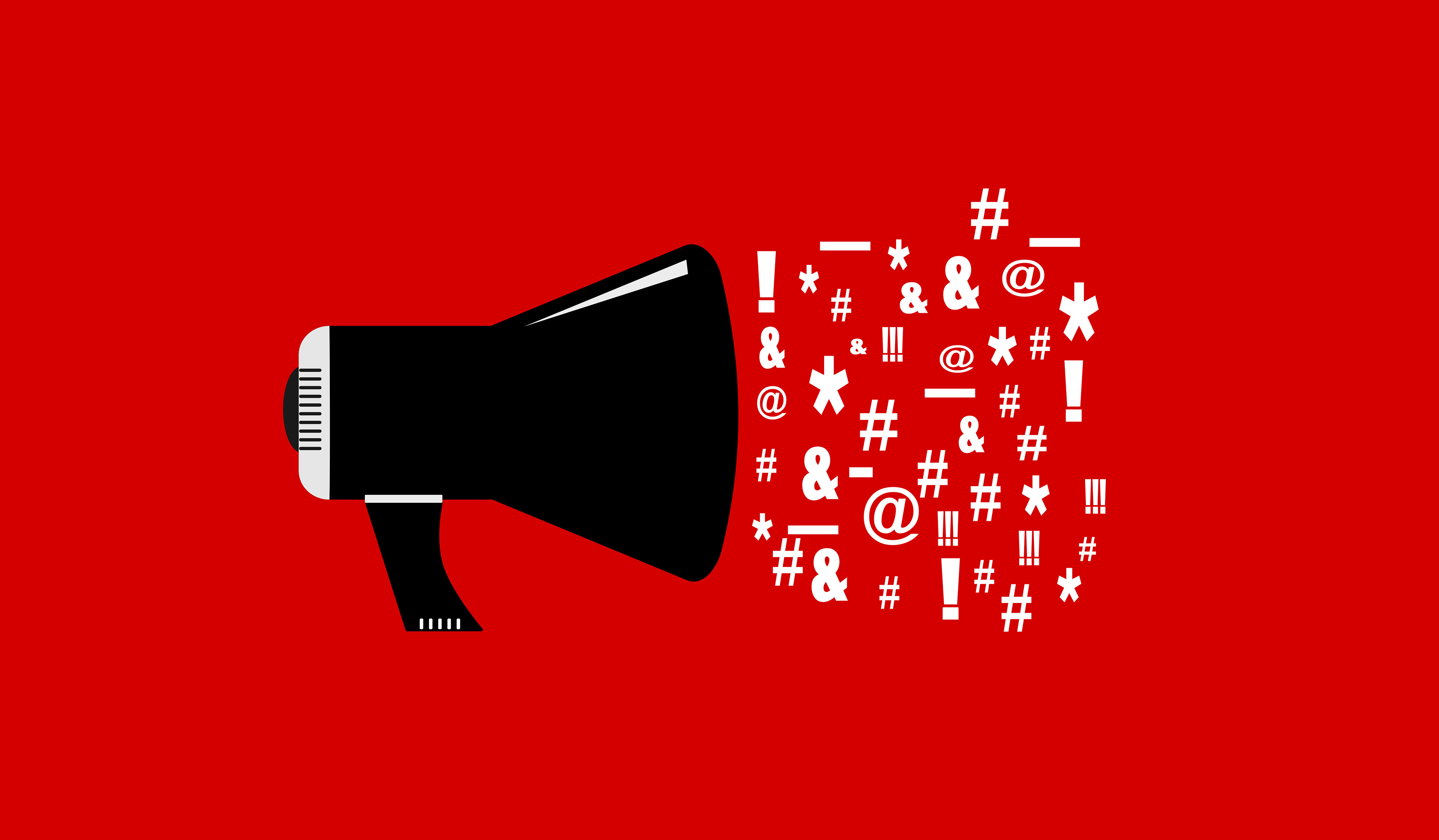America's addiction to the politics of anger
This is civically poisonous


Americans are addicted to self-righteous rage.
Take the response to David Brooks' Tuesday column in The New York Times. It seems like the most anodyne argument imaginable: If liberals want to make progress on passing gun control measures in the wake of last week's awful school shooting in Parkland, Florida, which left 17 people dead, they should stop demonizing those on the other side of the gun issue and try to engage them in respectful conversation and debate about matters of common concern (like how to keep everyone's children safe).
I have no idea if this is a smart strategy on guns. But is it a provocation to justified outrage?
The Week
Escape your echo chamber. Get the facts behind the news, plus analysis from multiple perspectives.

Sign up for The Week's Free Newsletters
From our morning news briefing to a weekly Good News Newsletter, get the best of The Week delivered directly to your inbox.
From our morning news briefing to a weekly Good News Newsletter, get the best of The Week delivered directly to your inbox.
More than a few people online seemed to think so, including a normally very thoughtful liberal professor who responded to my own expression of dismay about the reaction by comparing opponents of gun control to blatant racists: "What if [Brooks] had written the column about segregationists, rather than opponents of gun control? He could have done so while barely changing anything else in it. Sometimes people are just plain wrong about an issue. Guns are one of these."
The problem is that the list of things that people on both sides of our ever-wider and ever-deeper partisan divide consider to be "just plain wrong" grows longer with each passing day.
The right thinks that raising taxes or expanding access to affordable health care infringes on the inalienable right to property, just as proposals to regulate or restrict gun sales transgress the inviolable right to bear arms — rendering these positions fundamentally unconstitutional, immoral, and un-American. The left, for its part, thinks that favoring lower levels of legal immigration and deportation for those who entered the country illegally, and maybe just the act of voting for Donald Trump, constitutes incontrovertible evidence of racism, while opposing abortion-on-demand is a sign of sexism, upholding the sexual morality of historic Christianity is homophobic bigotry, and allowing the easy purchase of AR-15 rifles is barbarism.
Each side considers the positions embraced by the other to be not just foolhardy or ill-advised but fundamentally unjust ("just plain wrong") and therefore beyond politics, beyond negotiation, beyond compromise or accommodation, and so also worthy of indignation and denunciation.
A free daily email with the biggest news stories of the day – and the best features from TheWeek.com
How did we get here? Many people blame our increasingly segmented culture, in which media companies benefit from hyping certain forms of perceived injustice. Fox News, following the example of right-wing talk radio, does this more effectively than anyone.
Social media goes further, allowing us to construct a reality defined by distinct visions of the world: We pick who we "friend" and who we follow, creating virtual communities of the likeminded. Before social media, you lived out your days in the real world of neighborhoods and workplaces that in many cases had some diversity of views, and also uncertainty about views, which led people to conceal and restrain them out of a concern for manners.
But now we can voluntarily join together with hundreds or thousands of people scattered across the country and the world who share common views about justice. That leads to the intensification of these views, as they get reinforced through combat with those on the outside of the group (who affirm contrary positions on justice) and amplified by the frenzied encouragement of those in the inside.
President Trump's campaign was both an outgrowth of this tendency and a hugely potent catalyst for making it worse. On the campaign trail and debate stage, he relentlessly intensified the perception of injustice among his own voters — and in doing so, he provoked an equal and opposite perception of injustice on the other side.
The latter was accentuated massively by the outcome of the election — not just that Trump won but that he prevailed while losing the popular vote by a historically large margin. Social media has allowed the millions of people who feel outrage at this injustice to stoke that feeling and enjoy the perverse pleasure that accompanies a commonly shared sense of righteous grievance. Every nasty tweet by the president, every story of mean-spirited policymaking on the part of the administration, every account of corruption in the White House brings the thrill of vindication — just as every opinion that muddies the otherwise crystal-clear waters or dares to suggest that justice and injustice do not line up perfectly along the line separating the parties provides its own occasion to satisfy the insatiable fix for new opportunities to engage in fits of righteous accusation.
Marriage counselors will tell you that the surest way to dispel anger in a relationship is to foster empathetic communication, which is exactly what Brooks proposed in his column. But of course the parties involved must first want to leave their anger behind — to recognize how much it distorts their judgment and leaves them exhausted, bitter, and craving the next shot of indignation.
Unfortunately, there is so far no sign at all that the warring parties in America's dysfunctional civic marriage are anywhere close to growing weary of the false sense of empowerment and superiority that accompanies the exposure and denunciation of injustice.
Damon Linker is a senior correspondent at TheWeek.com. He is also a former contributing editor at The New Republic and the author of The Theocons and The Religious Test.
-
 Political cartoons for January 4
Political cartoons for January 4Cartoons Sunday's political cartoons include a resolution to learn a new language, and new names in Hades and on battleships
-
 The ultimate films of 2025 by genre
The ultimate films of 2025 by genreThe Week Recommends From comedies to thrillers, documentaries to animations, 2025 featured some unforgettable film moments
-
 Political cartoons for January 3
Political cartoons for January 3Cartoons Saturday's political cartoons include citizen journalists, self-reflective AI, and Donald Trump's transparency
-
 Bari Weiss’ ‘60 Minutes’ scandal is about more than one report
Bari Weiss’ ‘60 Minutes’ scandal is about more than one reportIN THE SPOTLIGHT By blocking an approved segment on a controversial prison holding US deportees in El Salvador, the editor-in-chief of CBS News has become the main story
-
 Has Zohran Mamdani shown the Democrats how to win again?
Has Zohran Mamdani shown the Democrats how to win again?Today’s Big Question New York City mayoral election touted as victory for left-wing populists but moderate centrist wins elsewhere present more complex path for Democratic Party
-
 Millions turn out for anti-Trump ‘No Kings’ rallies
Millions turn out for anti-Trump ‘No Kings’ ralliesSpeed Read An estimated 7 million people participated, 2 million more than at the first ‘No Kings’ protest in June
-
 Ghislaine Maxwell: angling for a Trump pardon
Ghislaine Maxwell: angling for a Trump pardonTalking Point Convicted sex trafficker's testimony could shed new light on president's links to Jeffrey Epstein
-
 The last words and final moments of 40 presidents
The last words and final moments of 40 presidentsThe Explainer Some are eloquent quotes worthy of the holders of the highest office in the nation, and others... aren't
-
 The JFK files: the truth at last?
The JFK files: the truth at last?In The Spotlight More than 64,000 previously classified documents relating the 1963 assassination of John F. Kennedy have been released by the Trump administration
-
 'Seriously, not literally': how should the world take Donald Trump?
'Seriously, not literally': how should the world take Donald Trump?Today's big question White House rhetoric and reality look likely to become increasingly blurred
-
 Will Trump's 'madman' strategy pay off?
Will Trump's 'madman' strategy pay off?Today's Big Question Incoming US president likes to seem unpredictable but, this time round, world leaders could be wise to his playbook
